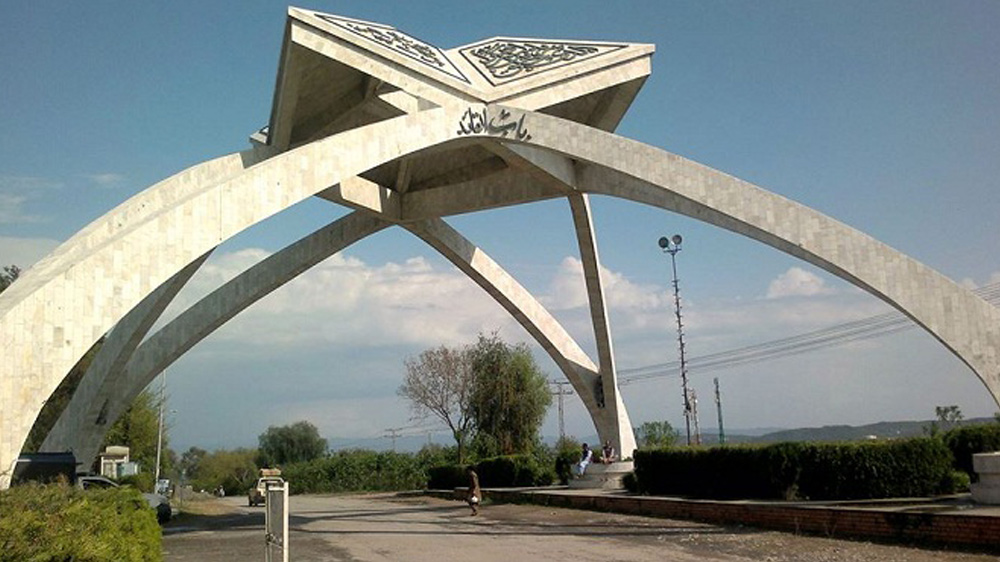By: Maqsood Shahi
Education is a vital aspect of a person’s life, as it equips individuals with the skills, knowledge, and confidence to succeed in life.In today’s world, education is considered the most important aspect for the development and growth of an individual. On the journey to success, students face various challenges such as stress, lack of motivation, financial difficulties, time management, academic pressure, mental health concerns, social and peer issues, and difficulty balancing academic and personal obligations. However, students who belong to GB and other remote areas face many-fold difficulties compared to other well-educated societies and cities at large.
Many students travel from one city to another or from rural to urban areas in search of better educational opportunities.This trend of moving from one place to another for education is increasing rapidly and has become a common scenario in Gilgit Baltistan and other far-flung areas. However, this journey is not as smooth as it may seem. Students face several issues while travelling to another city or area for educational purposes.
A mother’s apple of the eye, while travelling thousands of miles, arrives in a cosmopolitan city where he lives a hellish life and faces innumerable issues, including prejudice, rape, snatching, threatening, etc. The first and most significant issue he confronts is accommodation; finding an affordable and worthy place to live is quite a difficult job for students who don’t know the ABCs of urban life. Furthermore, the cost of living in cities is skyrocketing, which is extremely tough but contrastingly necessary. Those students who belong to lower middle-class families rarely afford to pay hostel fees. In the aftermath of such issues, they are forced to live in a narrow room where amenities are insufficient, which severely affects their studies and causes health issues. Lack of Support Systems: Students who travel for education may struggle to find a support system as they are away from their friends and family. This can lead to feelings of loneliness and isolation, which can be difficult to overcome.Culture Shock: Students who travel from remote areas to attend school in urban areas may experience substantial culture shock, which can be difficult to overcome. This includes adjusting to new surroundings, language barriers, and different social norms.
Education is the most important facet of life; without it, life’s lens couldn’t fathom things distinctly. It is noteworthy that the majority of students from remote areas go to metropolitan cities for education purposes due to the lack of good educational institutions. There are only two universities in Gilgit Baltistan, one of which was recently established and is facing immense criticism due to a lack of amenities and accommodations. Broadly speaking, even at the college level, things are not good comparatively to the city’s normal college. The rattaficaion system has devastated the whole education system and deteriorated the creativity of neophytes and college students. It will not be a waste of words to say that the majority of teachers lack ethical standards and higher qualifications. Limited resources and facilities: Students in remote areas often have limited access to educational resources, such as books, libraries, and laboratories. This makes it challenging for them to stay on track with their studies and achieve their academic goals.
It is hard to imagine the hurdles they face during the journey; despite government responsibility to grant basic education to all citizens, they fail why? Our country is spending only 2% of its GDP on education, which does not suffice for better policy implementation. The children of the elite class are enjoying superb quality education both inside Pakistan and mostly in foreign countries. Here’s discrimination commence: a middle-class student is facing tonnes of difficulties and barely living by mouth and hands. The point is to ponder: Are we not citizens of the same country? Despite working ass-off students left behind in the MBBS test by a narrow margin due to the lack of medical seats, the CSS seats for GB have alleviated the shortage, which is shocking news for aspirants.
It is heart-wrenching and nerve-wrecking that the powerful people granted all resources and opportunities to their relatives, even in the Ehsas scholarship, which was aimed to support lower-middle-income and poor students, but they got nothing despite wasting time on the official processes. Upsettingly, they wander into offices, where their efforts end in smoke.
In a country where politicians and the bureaucracy are not well protected, how will an anonymous student feel safe? If life in cities is hard and harsh, then in villages it’s worse; therefore, unwittingly, students move towards cities.
In conclusion, addressing the educational challenges faced by students in remote areas requires a comprehensive and collaborative approach that incorporates technology, distance education programs, teacher training and support, improved infrastructure, and community involvement. By working together, communities, schools, and governments can help ensure that every student has access to a quality education, regardless of where they live.
The test of the morality of a society is what it does for its children
Dietrich Bonhoeffer
The writer is a student at Quaid-i-Azam University, Islamabad. He can be reached at [email protected]



